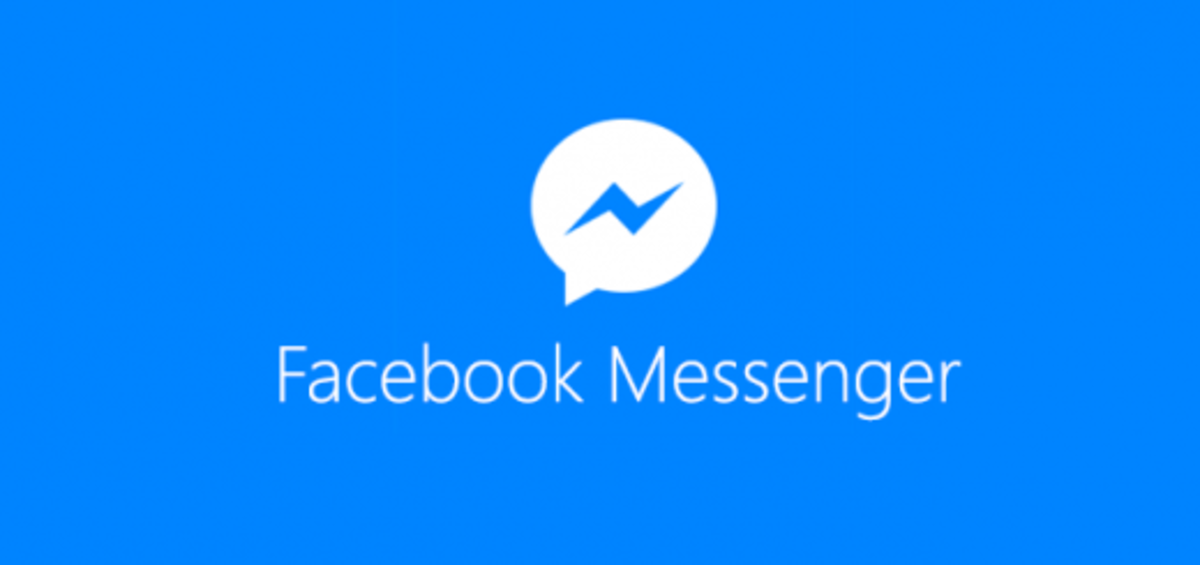- HubPages»
- Technology»
- Internet & the Web»
- Social Networking
Five things not to repost on Facebook
Facebook: The good, the bad, and the ugly
Facebook is so powerful a tool that many of us can't imagine life without it. It's an invaluable way to keep up with dozens (or hundreds!) of family members and friends, and information makes the rounds much faster with it than it did during the days when written letters (even emails) and phone calls were the primary source of contacting your loved ones. It's also useful for politicians and political groups to stay in touch with their constituents, and businesses use Facebook to connect with their customers.
With all this free information flowing around, are there some things you just shouldn't post on Facebook? Of course there are. While I may write other hubs in the future on other types of information you shouldn't post on your Facebook, today I want to talk about five things you shouldn't repost because they're simply false and can sometimes lead to real harm.
#1 Pleas for medical help
I'm not talking about prayer requests for sick relatives or status updates on how your grandma is doing after her stroke. I'm talking about posts such as those claiming that if the post gets enough "Likes," then the child pictured in the post will receive his or her needed heart transplant (or other medical procedure). While one would think that no sensible person would fall for such a scam, I have seen bogus posts like these pop up on my newsfeed from friends who really should know better.
No hospital or doctor in the world makes healthcare decisions, big or small, life and death or not, based on how many times a Facebook post is "liked" or "shared."
#2 Unverified political statements
Everyone loves to denigrate those who belong to a different political party than they are (and sometimes even members of their own party!). There's really nothing wrong with this, as long as the negative information you're discussing happens to be true. All too often, however, you'll see a post attacking a politician that claims he or she has done something so horrible it just can't be true. In most of these cases, your original assumption is correct: it's not true.
One fairly recent case involved President Obama supposedly freezing military pay. While it's true that a bipartisan committee in 2010 included such a recommendation (for non-combat military pay only) in its list of 58 cost-cutting measures, that list was only a draft and conflicted with Obama's 2011 budget, which actually recommended a 1.4% pay increase to military personnel. Freezing military pay during wartime would have been an unthinkable thing for any President to contemplate, so of course it was false. That didn't keep it from being posted by several of my more conservative friends, however.
It only takes a few seconds to perform a Google search to verify any potentially inflammatory information, and it's worth the time to keep yourself from looking foolish.
#3 Facebook charging for access
It's actually been awhile since I've seen these types of reposts, but I'm sure they'll rear their ugly heads before too much longer. Every so often, you'll see people frantically reposting bogus information claiming that Facebook will start charging for its services on some future date. In some variations of this misinformation, you can actually do something to ensure that your access remains free (sometimes it's the act of reposting this nonsense that'll do the trick).
Facebook isn't going to start charging for use. Facebook pulled in nearly $4 billion last year from ad revenue alone. It doesn't need to charge you to play Farmville or post pictures of you doing the duck face.
#4 Survey scams
These are starting to pop up with more and more frequency, and there are several variations, and are one of the few Facebook repost hoaxes that can actually cause real harm (beyond spreading misinformation, that is). These surveys purport to reward their participants with gift cards from various companies, including Victoria's Secret, Starbucks, Dunkin' Donuts, and others.
Not only do you not actually receive such gift cards, the survey makers could get commissions through affiliate marketing schemes and could get access to your personal information, causing you to receive junk emails, snail mail, and texts. In addition, some people are even tricked into signing up for expensive mobile phone services.
Any legitimate promotion will be run through a company's official Facebook page or website. If you see any of these survey scams, do yourself a favor and ignore them. By all means don't click on any link leading to the survey.
#5 Thierry Mariot preying on children
There are posts going around warning parents to steer their children clear of a Facebook user named Thierry Mariot, who sometimes uses as his profile picture a shot of Justin Bieber. Mariot supposedly uses Facebook to lure unsuspecting children to him for nefarious purposes.
Despite the numerous (bogus) warnings, there is no evidence that a person with this name has ever used Facebook for this purpose. This type of misinformation is particularly bad, because it could cause people to turn a blind eye to truly dangerous people that do exist in cyberspace.
What can you do?
While only some of these hoax reposts cause actual, lasting harm, they're all examples of false or misleading information and so no responsible person should want to knowingly keep spreading them around. What can you do to make sure you don't fall victim to irresponsible reposting?
- First of all, if you don't have a personal connection to what you're about to post or repost, take 10 seconds or less to do a Google search for the info. If you can find references backing up the information on legitimate websites, chances are the info is true. Otherwise, you'll probably find relevant links to snopes.com or hoax-slayer.com explaining the hoax.
- If someone brings to your attention that something you've posted is a hoax, delete it from your Facebook page so it doesn't get spread around even more.
- Keep an eye out for others that repost these hoaxes and point out that they're spreading around false or misleading info.
Public or private?
So if you discover that a friend of yours has posted false or misleading information like one of the above hoaxes, you really should point it out to them, both for their own education and to slow down the spread of these bogus posts. But should you do it publicly, on their Facebook wall for all their friends to see, or in private, via chat or a private message?
This will depend on the person in question, and how comfortable you are in potentially confronting them in a public setting. I almost always opt to reply to their bogus post with a link to snopes.com or hoax-slayer.com exposing the hoax, so that anyone who comes across the post will be aware of the misleading information. In most cases, the person will delete the post without further comment, which serves the purpose of cutting down on the misinformation.
In closing
I'm a firm believer that most people who post the above types of misleading info don't realize what they're doing. While I know that pointing out the truth to these people can sometimes appear rude, I believe it's for everyone's benefit that we attempt to stop the spread of misinformation, especially in those cases where it can cause real-world harm.
Find me on the web!
- My Twitter
Sign up for Twitter to follow Cecil Adkins (@ceciladkins). Fiction writer, MMORPG Examiner, Humanist, Following where the evidence leads - Facebook
My official Facebook "fan" page










